Avgoustina Papadopoulou shared their story and experiences with us recently and you can find our conversation below.
Good morning Avgoustina, we’re so happy to have you here with us and we’d love to explore your story and how you think about life and legacy and so much more. So let’s start with a question we often ask: What do you think others are secretly struggling with—but never say?
I think people struggle with loneliness more than they admit. We live in a time where we’re constantly connected online, scrolling, liking, sharing, but that doesn’t always translate into real human connection. Offline, many people feel unseen or disconnected, even when surrounded by others. No one wants to say it out loud, because loneliness still carries a kind of shame, as if admitting it means you’ve failed socially or personally. But in truth, it’s one of the biggest challenges of our generation.
Can you briefly introduce yourself and share what makes you or your brand unique?
I’m Avgoustina Papadopoulou, a director, writer, and producer who tells stories in every way I can, on screen, on paper, and sometimes even on scraps of napkins when inspiration hits. My films (Nihilism., Death., and the soon-to-premiere City of Blues.) lean into surrealism but always circle back to very human questions – love, identity and the things we don’t dare to say out loud.
Recently, I’ve also turned my attention to books. My self-help-meets-memoir “20 Things Before You Leave Your 20s” is part reflection, part reminder that none of us really have it all figured out, and that’s okay. I also have a poetry collection coming out soon, “We Die a Little Louder Here”, which dives into the messier corners of being alive.
At the heart of everything I do is the same goal: to create work that makes people pause, feel, and maybe even recognize a piece of themselves in it. Because stories, whether in film or in words, are the closest thing we have to magic.
Great, so let’s dive into your journey a bit more. Who were you before the world told you who you had to be?
I was fearless. I would sing loudly without worrying who was listening, write stories without questioning if they were ‘good,’ and throw myself into things without the shadow of failure hanging over me. As children, we don’t overthink, we just do, we just create, we just live.
But the older you get, the more the world teaches you to be cautious, to measure every step, to calculate the risks. You start worrying about what people will say, whether you’ll succeed, whether you’ll embarrass yourself.
I’m slowly learning to return to that version of myself, the one who didn’t edit herself before the world had the chance to. The one who acted first and questioned later. Because that fearless energy is where the magic happens.
What did suffering teach you that success never could?
Suffering taught me how to feel more deeply, and that’s something success never could. Success is loud, it comes with applause, validation, a rush of adrenaline. But suffering is quiet. It strips away the noise and forces you to sit with yourself, with your pain, with the questions you’d rather avoid. And in that silence, I learned how to listen. To myself, to others, and to the world around me.
That depth is what I now pour into my films and my writing. Without suffering, my art would be quite shallow. It’s the moments of heartbreak, doubt, and loss that give the work its weight. Success shows you the surface, but suffering forces you into the undercurrent, the cracks, the shadows, the parts of life we’d rather not look at. And in my opinion, maybe that’s where the most honest stories live.
So a lot of these questions go deep, but if you are open to it, we’ve got a few more questions that we’d love to get your take on. What do you believe is true but cannot prove?
Honestly? So many things. But since I don’t want to be controversial without reason, I’ll say this: I believe some people can read thoughts. It’s so funny saying it out loud. Not in a sci-fi lab experiment kind of way, but in a cinematic, blockbuster kind of way. You know when someone looks at you and you just know they know? I think some people have that ability.
And I also believe in time travel. Actual time travel. I can’t prove it, but I don’t think time is as fixed as we’ve been told. Maybe not with machines or portals, but in some form we don’t yet understand, I believe it exists. It’s one of those things that fascinates me because it feels just out of reach, like a secret the universe hasn’t revealed just yet.
Thank you so much for all of your openness so far. Maybe we can close with a future oriented question. Could you give everything your best, even if no one ever praised you for it?
What an interesting question!! Well, yes. Because at some point you realize praise is temporary, but the work stays.
Applause fades, reviews disappear, but the act of giving everything you have to a project, that stays with you forever.
I’ve written scripts and poems no one saw, films that only a handful of people watched at the time, and yet they still shaped me. They made me sharper, more honest, more myself.
For me, giving my best has never really been about recognition, it’s about respect. Respect for the work, and respect for myself. Praise feels good, of course, but it can’t be the fuel. If it is, you burn out when the applause goes quiet. What lasts is the dialogue between you and the work. That’s why even if no one ever praised me, I’d still create, because creating is the one thing that feels actually real.
Contact Info:
- Website: https://www.cultexperiences.com
- Instagram: avgoustina_p
- Linkedin: Avgoustina Papadopoulou
- Facebook: Avgoustina Papadopoulou
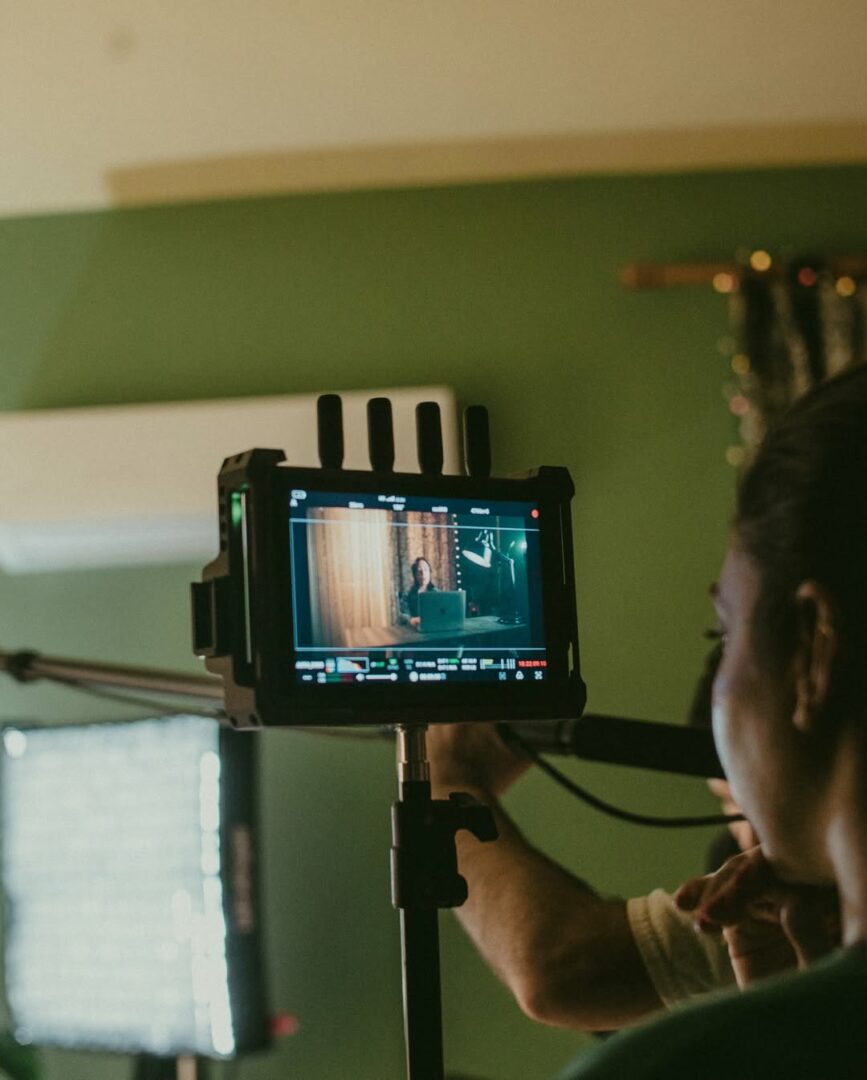
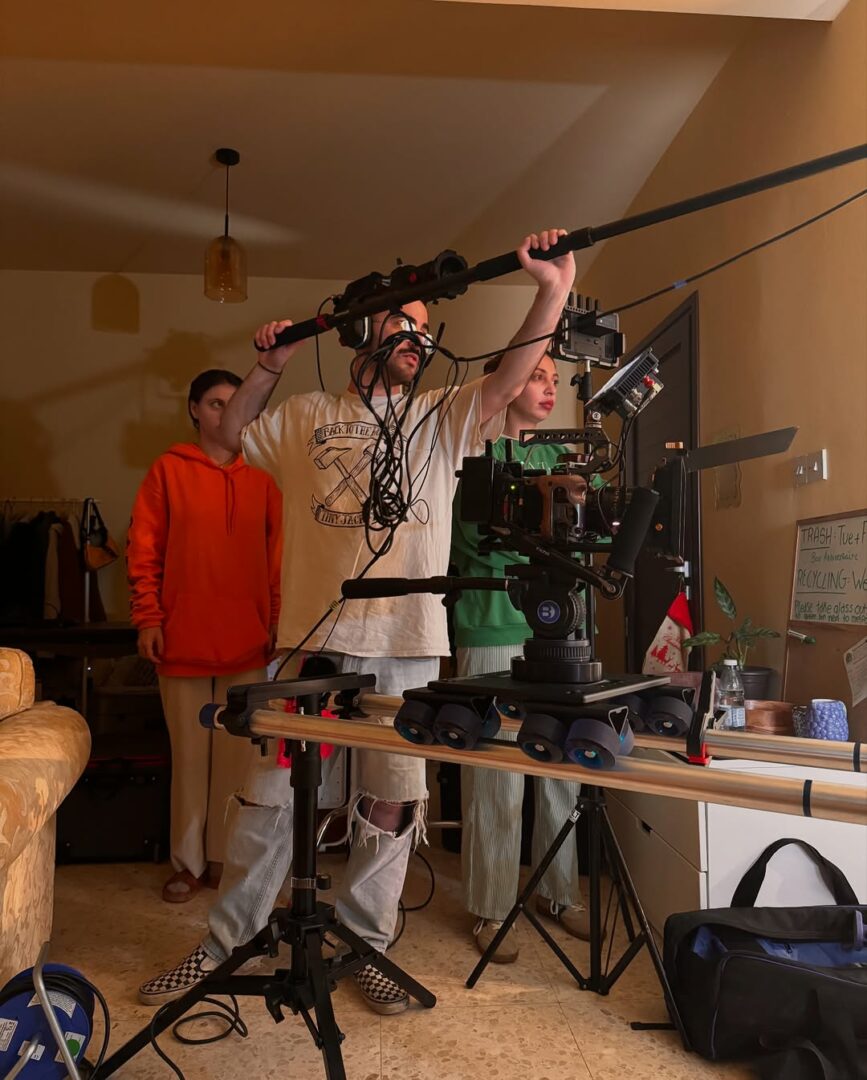
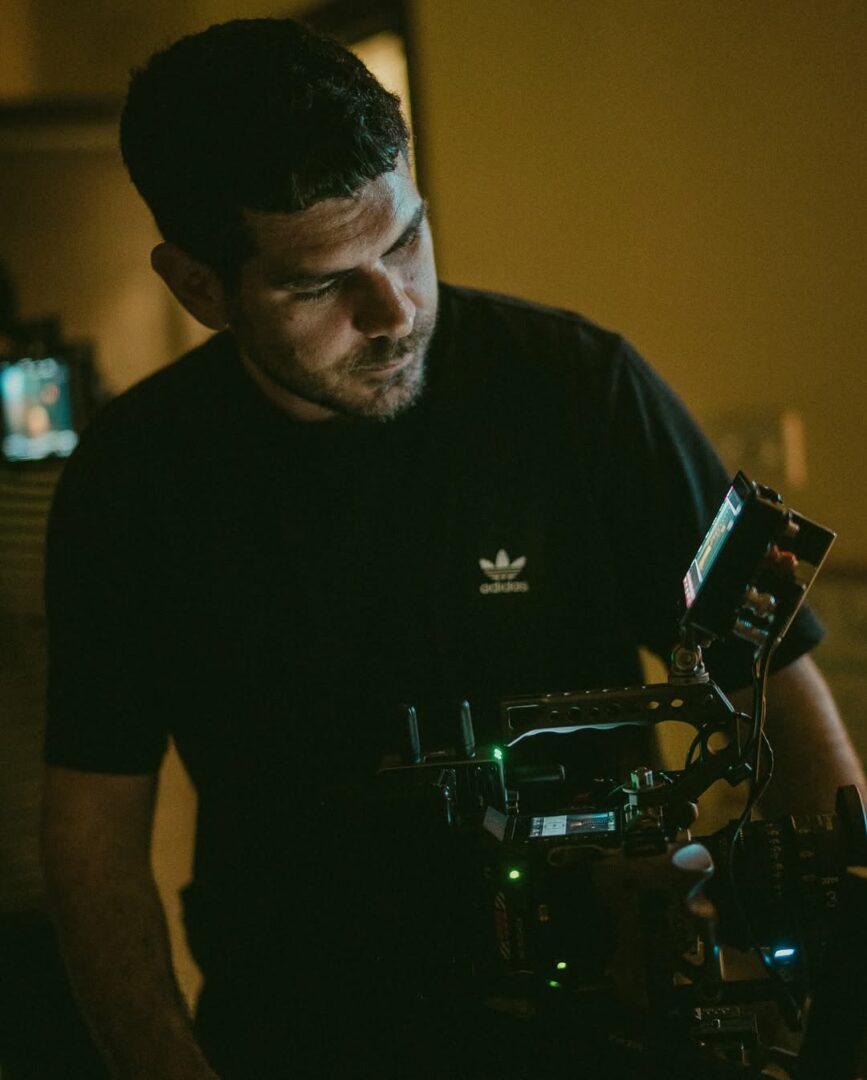
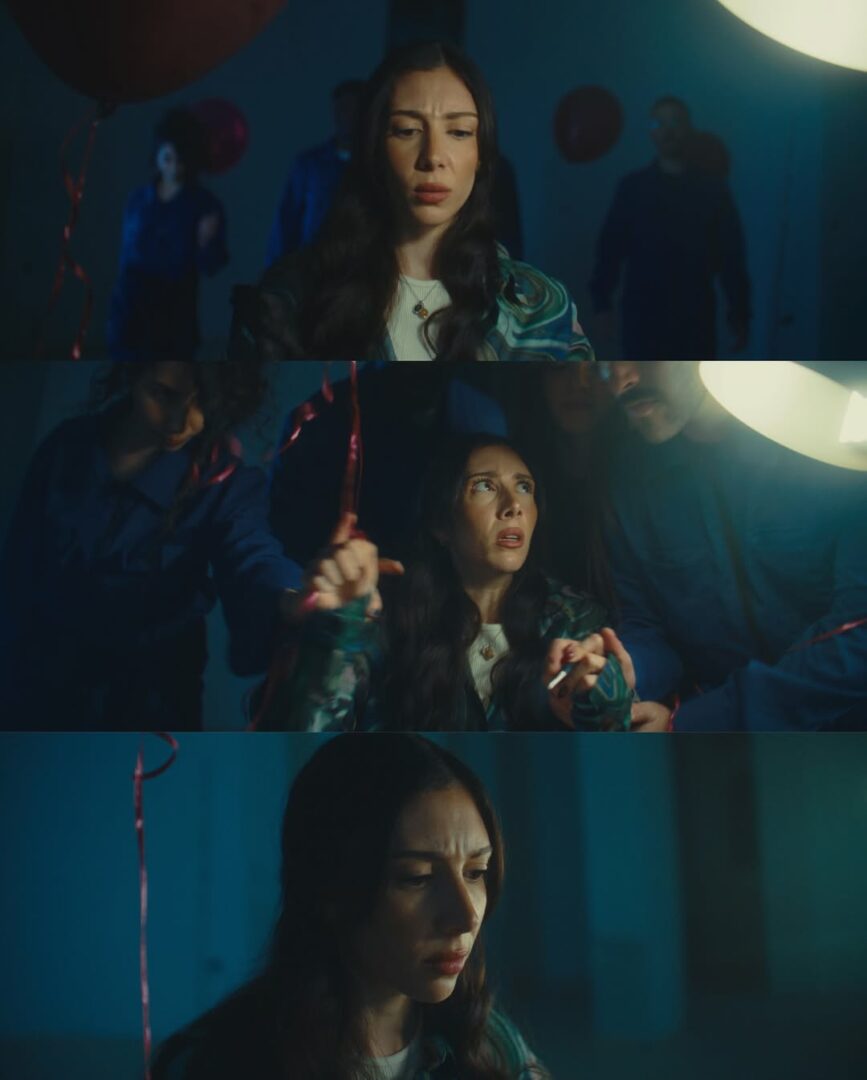
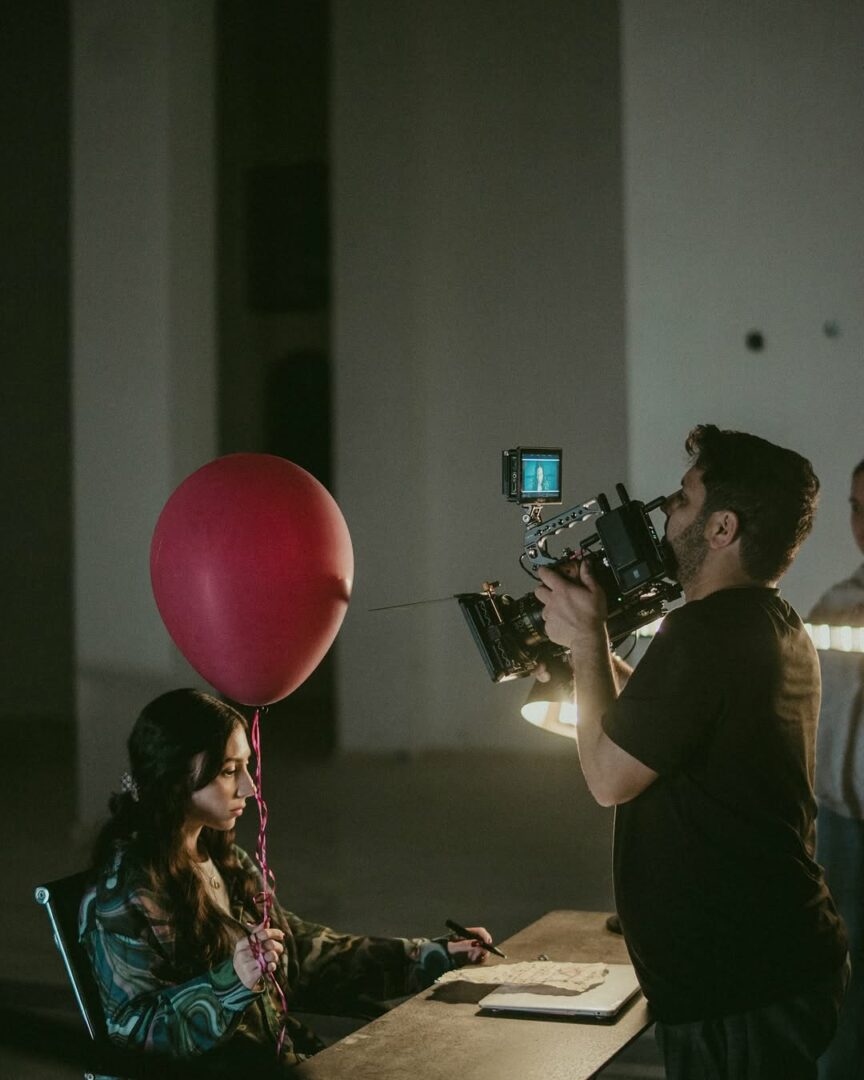
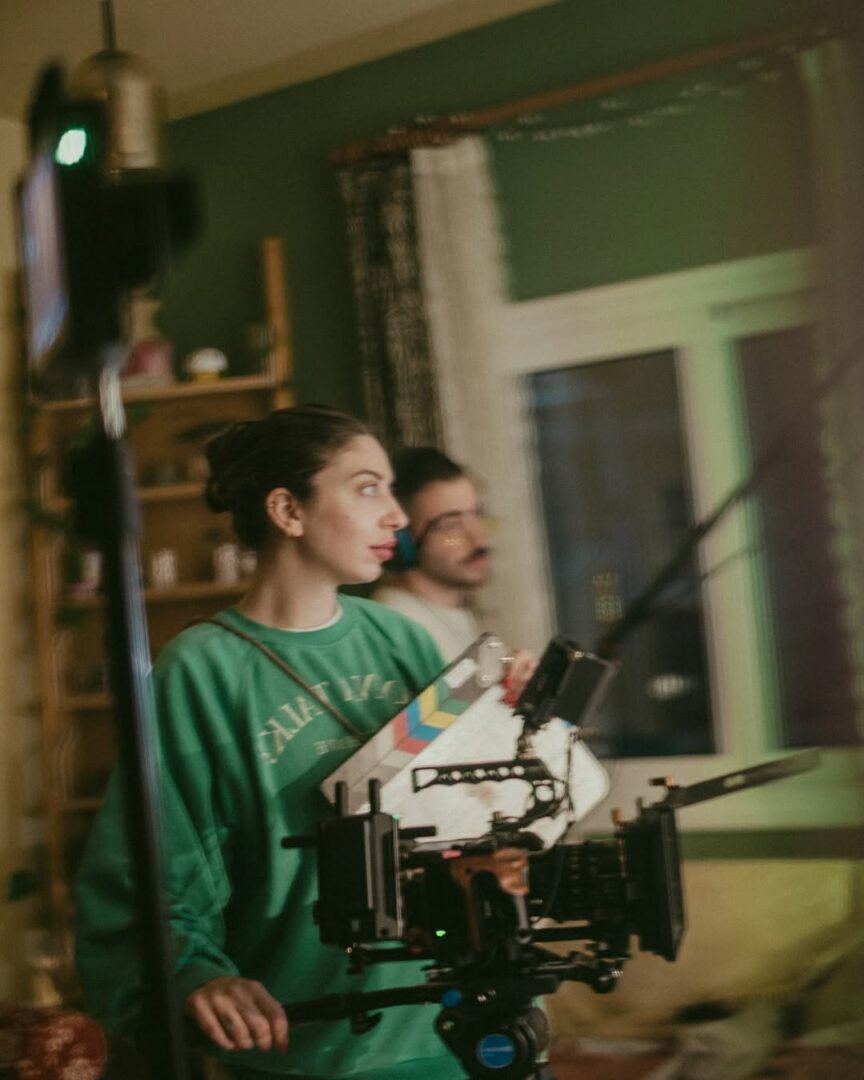
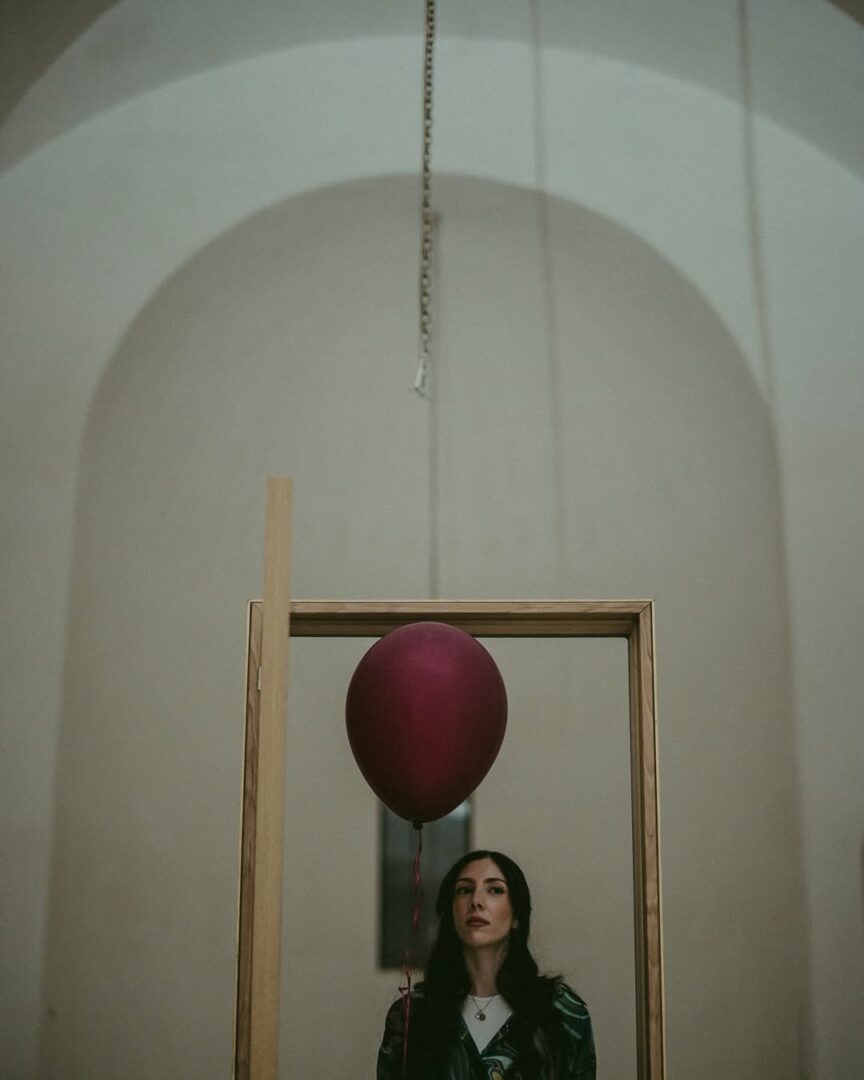
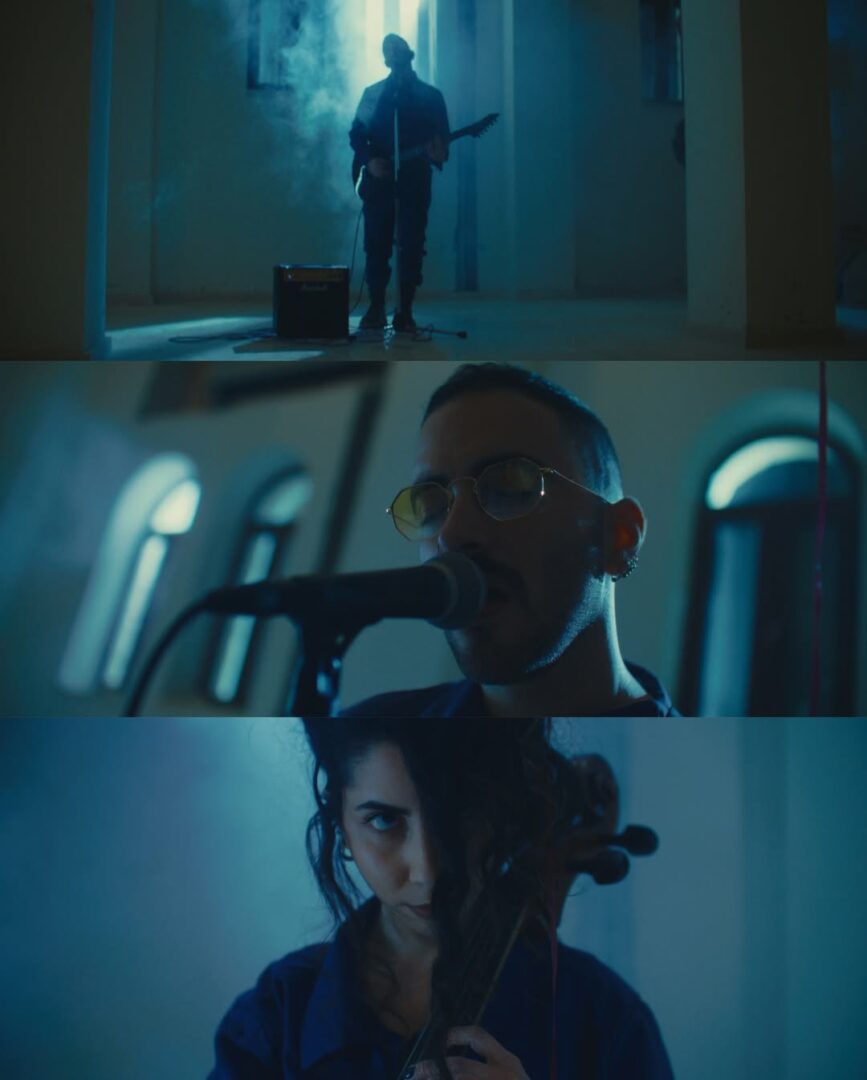
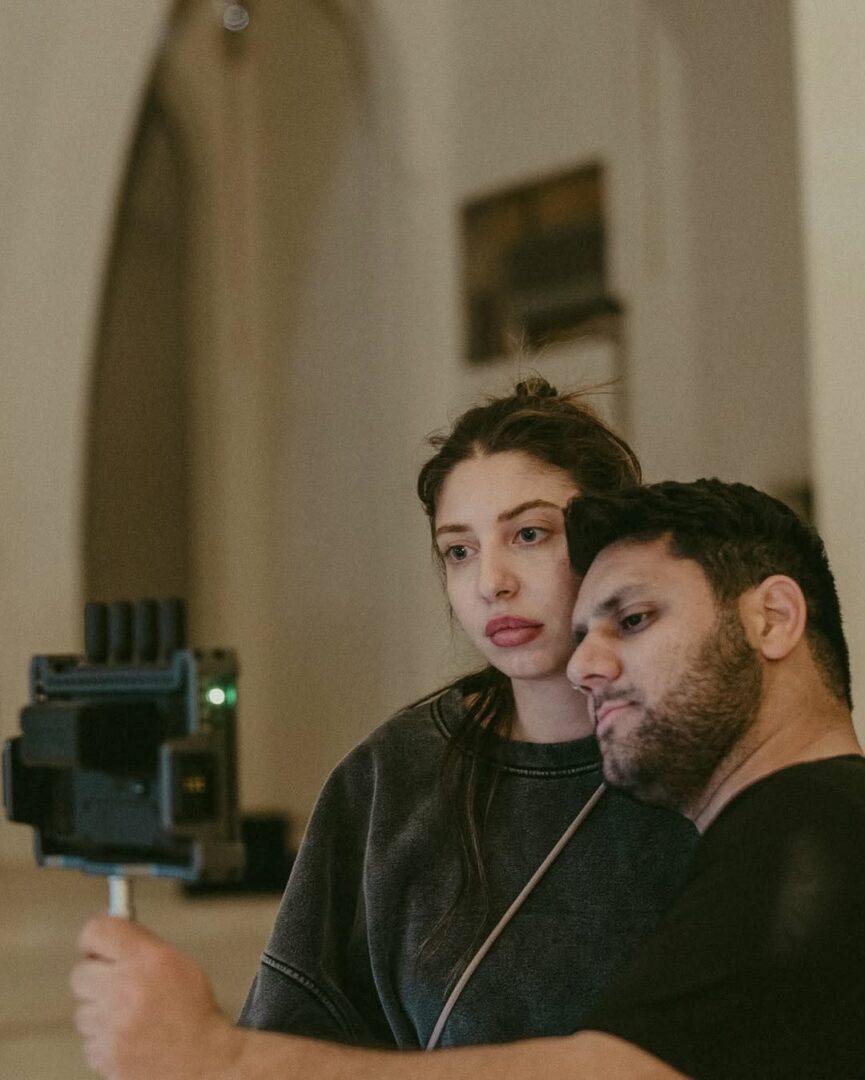
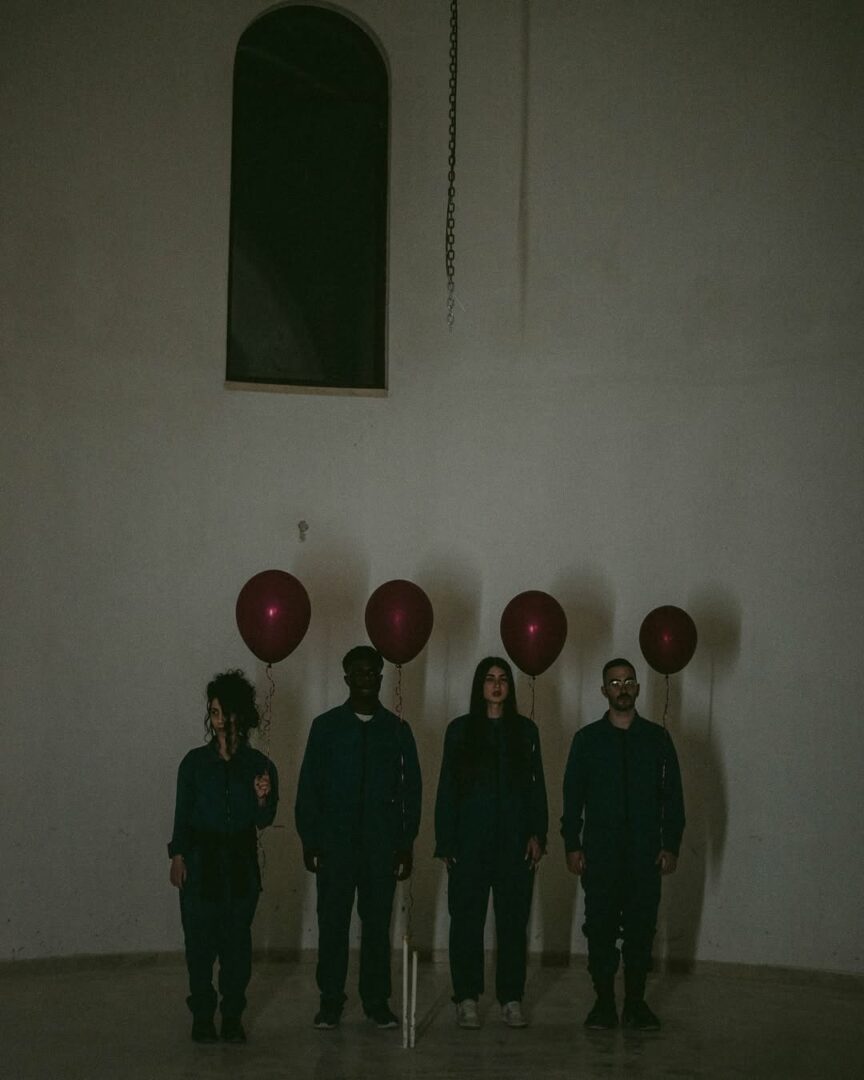
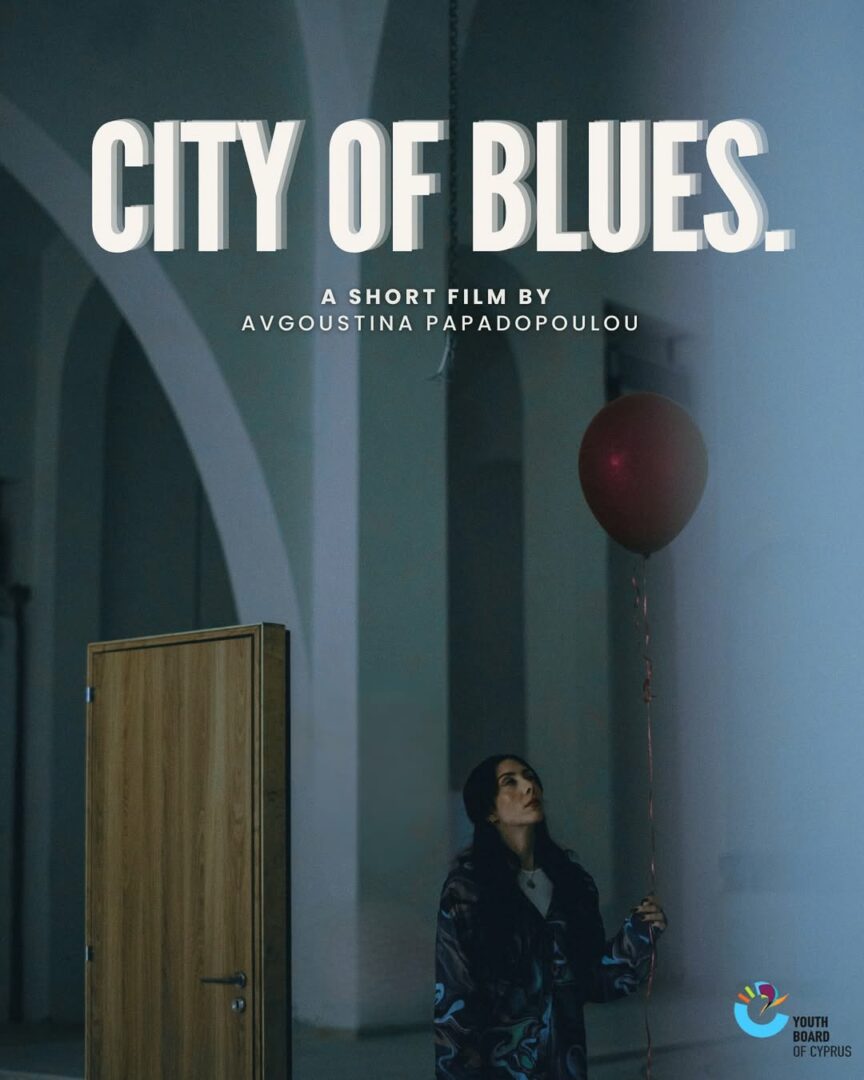
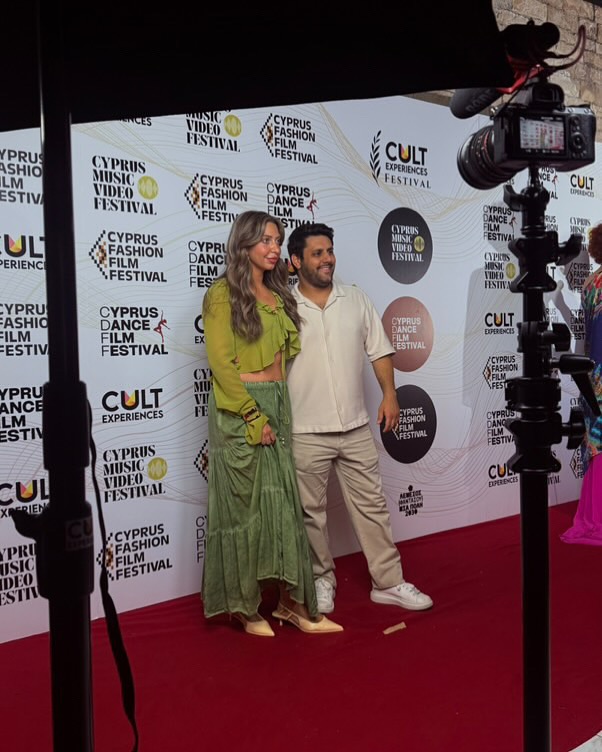
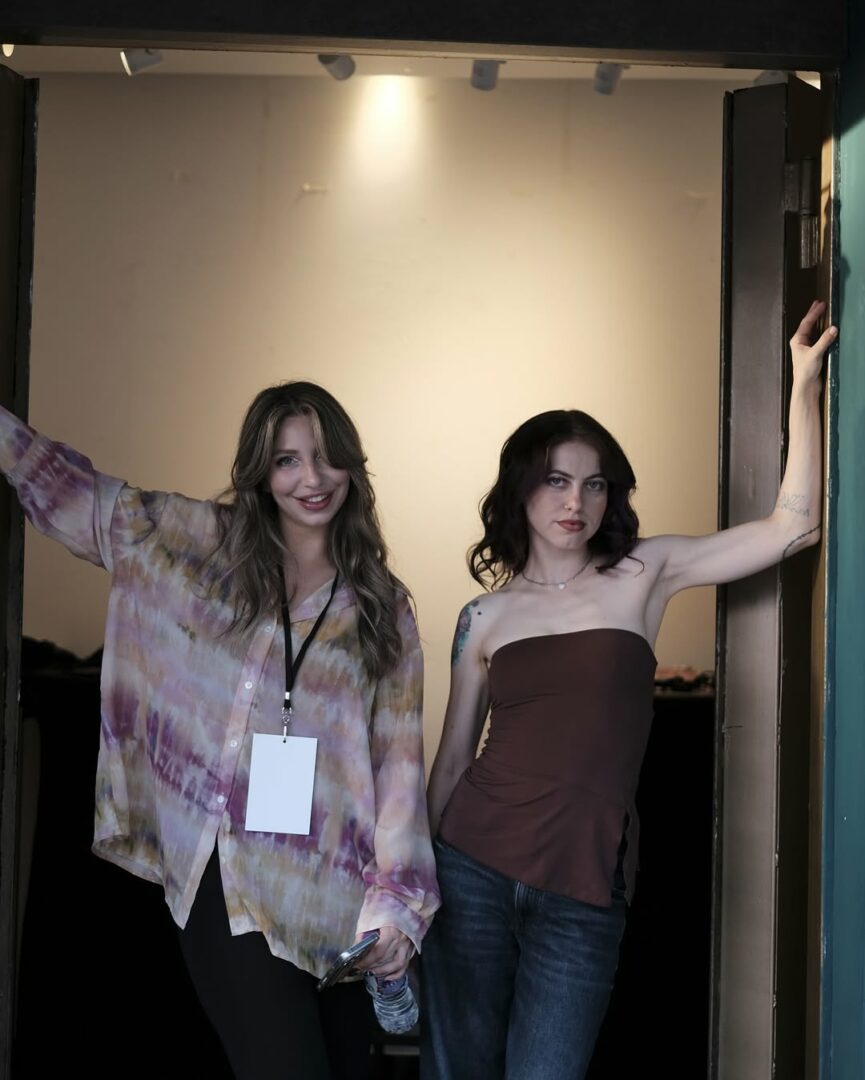
Image Credits
Savvas C. Christou
Lily Zachariou
Stavros Triseliotis
so if you or someone you know deserves recognition please let us know here.




